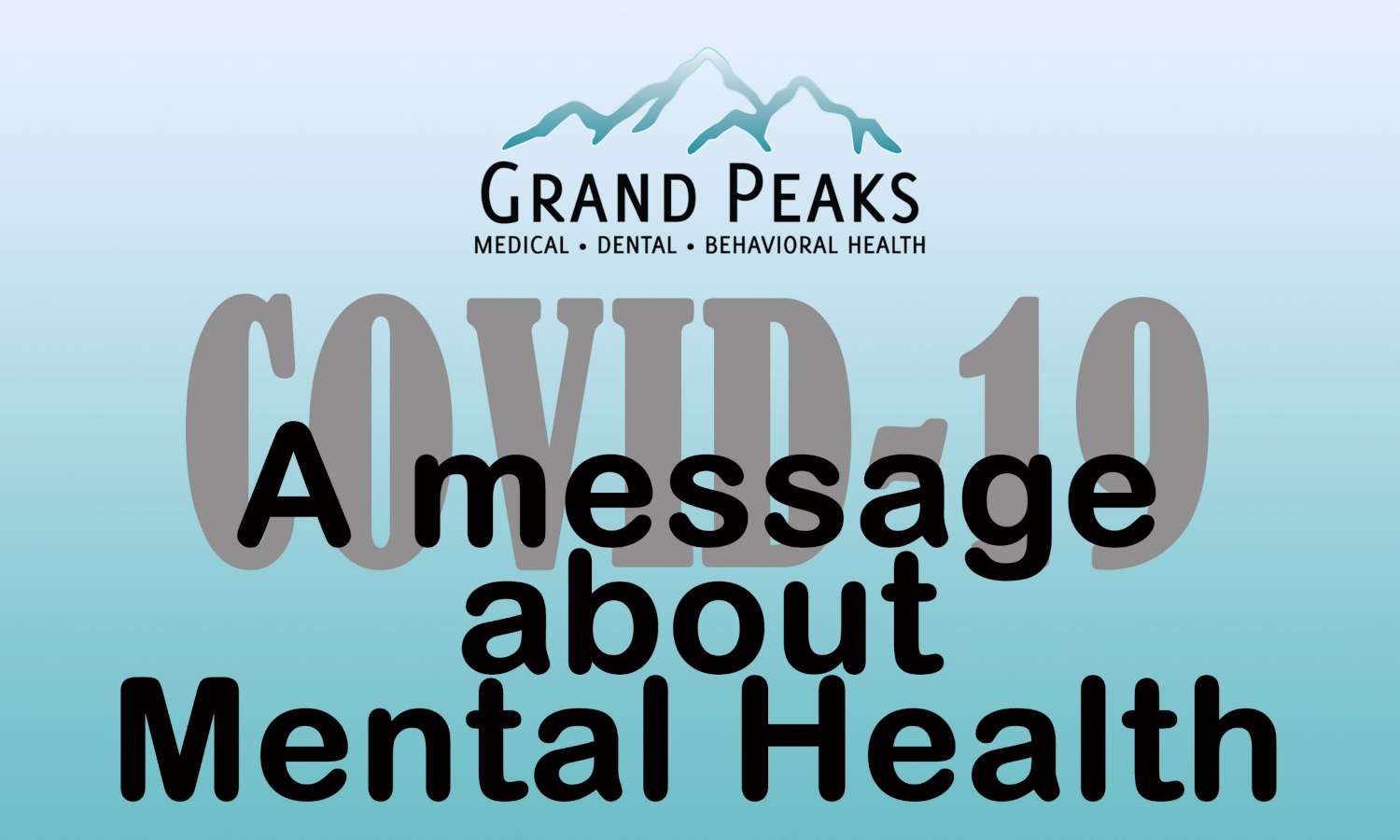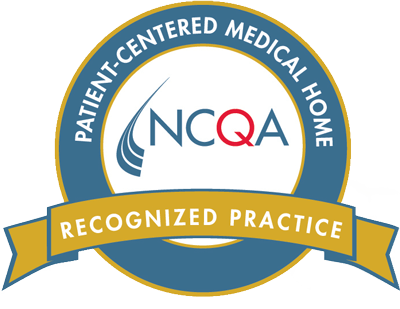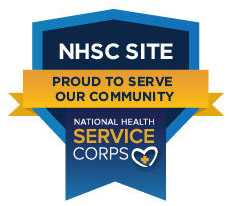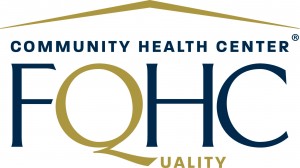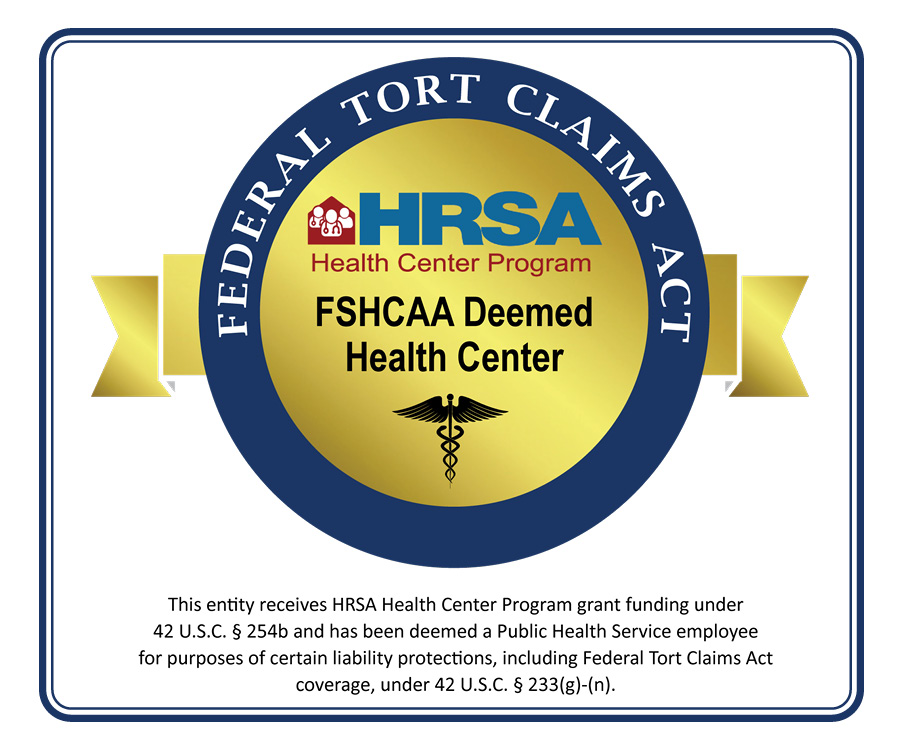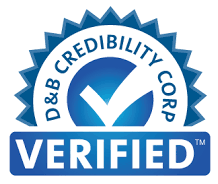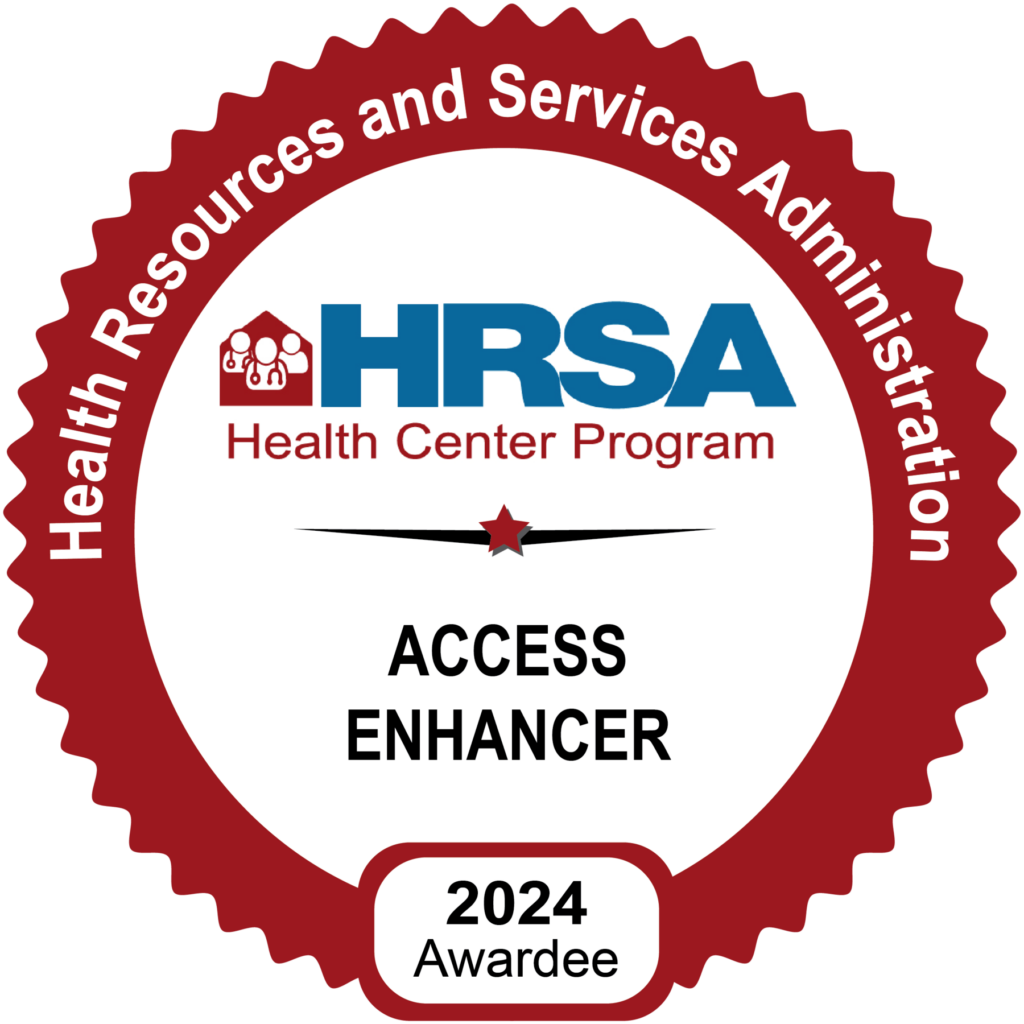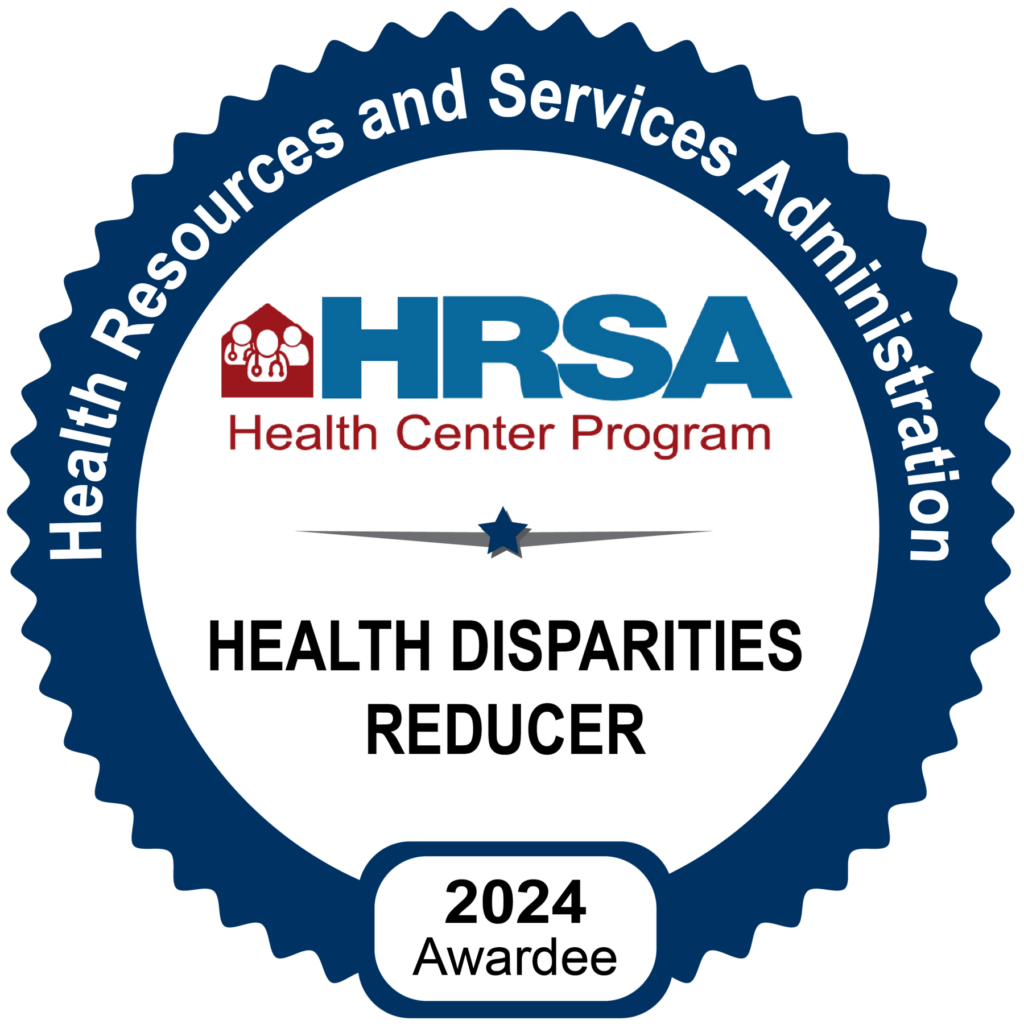Grand Peaks Behavioral Health Director, Larry Bradley, LCSW, has some advice about COVID-19 and your mental health.
Although many of us have seen global pandemic events occur in the past like with Ebola, the current COVID-19 outbreak has undoubtedly altered our activities of daily living to a degree many of us have never seen in our lifetimes. For some of us, the fear and anxiety being generated by the news of the spread of this disease may be overwhelming and can cause strong emotions, even for some that did not seem vulnerable to high stress loads in the past. Coping adequately with this additional stress will help to make us, all the people we care about, and our community, healthier.
As a result of our biology and backgrounds, we all handle stress differently. Having pre-existing mental health conditions can make handling new intense stress more challenging. During this time, many of us have become overly saturated with news regarding this pandemic. To help address any increase in stress you may be feeling, here are some simple interventions to help you cope during the pandemic:
Learn to cope with your stress effectively-
- Recognize when to take a break from reading, watching, or listening to the news-including from social media. Continuously hearing distressing (and sometimes misleading) information frequently looped in the news can be upsetting. Put a concrete time limit on the amount of time you spend reading and/or watching the news.
- Be mindful of your body:
- Practice deep breathing
- Stretch often
- Be mindful of your nutrition and what you’re feeding your body
- Exercise
- Get adequate sleep
- Connect with others you trust via Skype, FaceTime, Zoom, etc.
- Avoid using drugs & alcohol
- Turn attention to your hobbies/interests-things that bring you joy
- Know when to ask for help and know how to recognize when your colleague(s) need help
- Seek information from credible sources (i.e. Centers for Disease Control, Eastern Idaho Public Health, etc.)
I’ve included two hyperlinks that I think contain credible and useful information for coping with mental health strain during pandemics. One was released in direct response to the Ebola outbreak, but has relevance to what we’re currently facing.
https://store.samhsa.gov/sites/default/files/d7/priv/sma14-4885.pdf
https://www.nami.org/Blogs/NAMI-Blog/March-2020/Coronavirus-Mental-Health-Coping-Strategies
If you or someone you know needs mental health services, please call our clinic at (208) 356-4900. We are NOW OFFERING TELEHEALTH to help you access Mental Health Providers, as well. If you are in immediate need, call 211 or (800) 273-8255 or visit https://www.idahosuicideprevention.org/.

